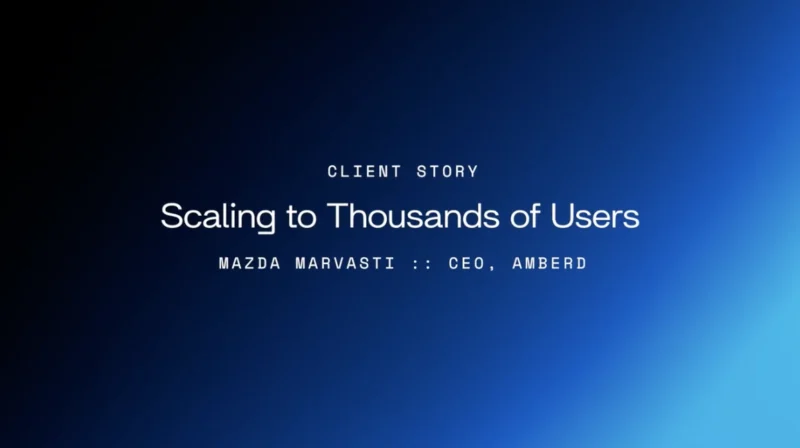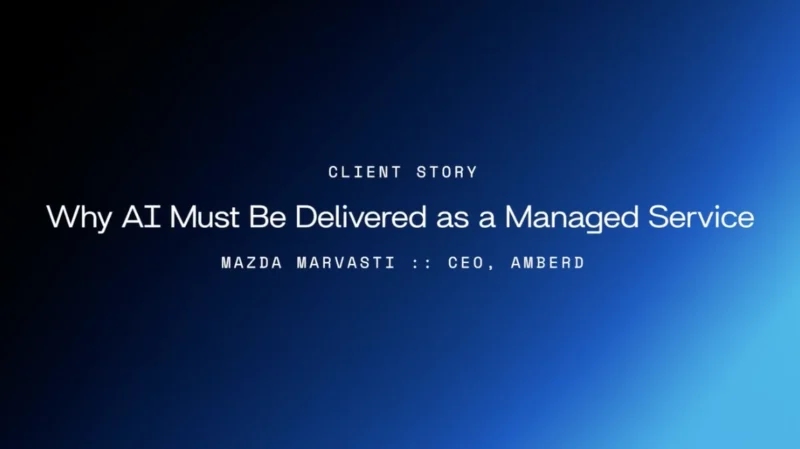DisruptED in the D with Chris Dargin Part 1
The tech industry continues to be a dynamic sector that sees constant evolution and growth. It also offers a variety of career opportunities. However, the traditional path of obtaining a four-year degree is no longer the only way to break into tech. With the rise of bootcamps, certifications, and other unconventional career journeys, many are asking: what does it really take to succeed in tech today? As more professionals from non-traditional backgrounds make their mark in the field, the question of what credentials and experiences truly matter is a very crucial point.
How does one build a career in technology without following the traditional college route? How can individuals leverage their unique backgrounds and skills to succeed in the industry?
On this episode of “DisruptED,” host Ron J. Stefanski welcomes Chris Dargin, CEO of IT integration at Synth, and Chief Revenue Officer at Cloud Conduction. Together, they discuss Dargin’s unconventional path to success, his insights into the tech industry, and the evolving nature of the field and qualifications needed to navigate it.
A few key points of their discussion covered:
- Dargin’s personal journey, from enlisting in the military to navigating various educational and career paths before establishing himself in the tech industry.
- The importance of resilience, learning from failure, and continuously evolving in an industry that values innovation.
- Whether traditional degrees are necessary for success in tech or if alternative routes like certifications, apprenticeships, and hands-on experience are just as valuable.
Chris Dargin is a serial entrepreneur and a leader in the banking and fintech sectors. As the CEO working in an IT integration firm in the M&A space, and the Chief Revenue Officer of Cloud Conduction, an IT-managed service provider, Dargin has extensive expertise in both finance and technology. His career trajectory, spanning from military service to corporate leadership, demonstrates the power of adaptability, resilience, and unconventional learning paths.
Article by Alexandra Simon.




